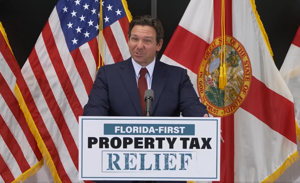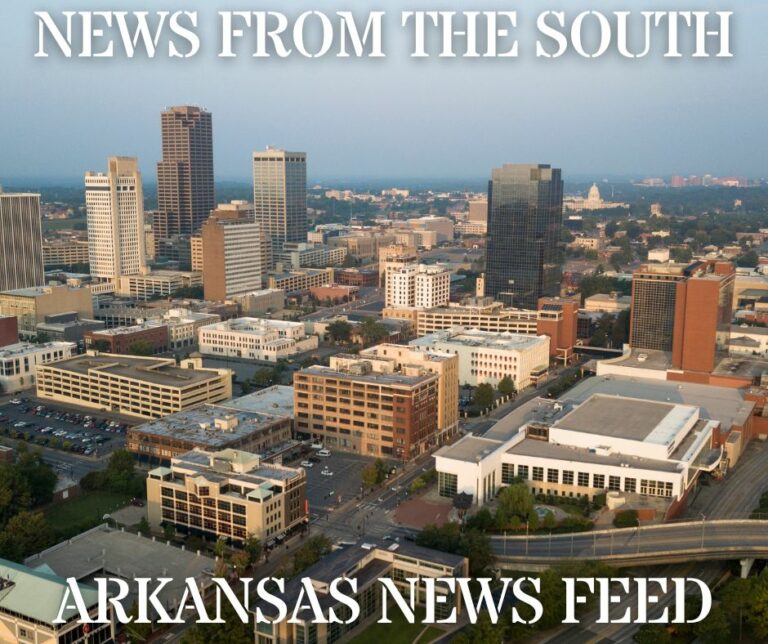(The Center Square) – The U.S. Department of Education on Monday recognized the ways it says the Trump-Vance administration has returned education to states over its first 100 days, highlighting headway it has made in school choice and more.
The Education Department said that it “has advanced President Trump’s goal to return education to states by empowering parents to make decisions in their child’s education and removing bureaucratic barriers to educational choice.”
The department outlined in its release ways in which Trump’s goals have been made good.
Most prominently, Trump announced in March he would sign an executive order to end the Department of Education in order to return education back to the states, “where it belongs.”
“The United States spends more money on education by far than any other country, but yet we ranked near the bottom of the list in terms of success,” Trump said.
Secretary of Education Linda McMahon said in the same announcement that “education should be tailored to communities,” and “parents should have involvement.”
McMahon also wrote about her unusual mission as Secretary of Education: “to oversee the responsible and permanent closure of the very department I now lead.”
McMahon wrote that the “mandate is twofold: (1) to plan, in coordination with Congress, for eliminating or relocating the functions and operations of the Department of Education, and (2) to ensure that no taxpayer money flows to DEI programs or institutions that embrace DEI.”
“As we begin complying with this executive order, we can also dismantle the last administration’s DEI agenda and reorient civil rights enforcement so that we are protecting all students from harassment and discrimination, including Jewish students studying on elite campuses and female athletes on the field and in the locker room,” McMahon wrote.
As far as school choice, the U.S. Department of Education announced in January its “recognition and celebration of National School Choice Week,” preceding McMahon’s March visit to a New York charter school where she stated that “school choice is crucial.”
To advance what McMahon would later call crucial, the department in January withdrew “two burdensome and misaligned Notices Inviting Application (NIAs)” related to charter schools that were published under Biden and “included excessive regulatory burdens and promoted discriminatory practices.”
The department additionally “reigned in the federal government’s influence over state Charter School Program (CSP) grant awards,” a practice that was also set into motion under Biden.
This means that the requirement that the Secretary of Education “review information on how states approve select entities’ (e.g., private colleges and universities) authorization of charter schools in states where they are already lawful authorizers,” was done away with, returning authority to states and expanding school choice, according to the department.
In March, the department informed chief state school officers of a flexibility in Title I funds that would allow for greater education choice, such as dual enrollment and career and technical education.
States “championing school choice” along with Trump in his first 100 days are Idaho, Tennessee, Texas and Wyoming, the last three having all enacted school choice initiatives this year, while Idaho set in motion a Parental Choice Tax Credit program.
To combat ideology coming between children and parents in education, the department launched an “End DEI Portal” that enables individuals to report discrimination based on race or sex in public K-12s.
The department also opened investigations into both California’s and Maine’s education departments for allegedly violating the Family Educational Rights Privacy Act (FERPA).
FERPA “gives parents the right to access their children’s education records,” according to the U.S. Department of Education
The department said that a new California state law prohibiting “school personnel from disclosing a child’s ‘gender identity’ to that child’s parent” violates FERPA.
Meanwhile, Maine school districts’ policies that “allegedly allow for schools to create ‘gender plans’ supporting a student’s ‘transgender identity’ and then claim those plans are not education records under FERPA and therefore not available to parents” is also a violation, the department said.
In the effort to protect children from what it considers gender ideology, the U.S. Department of Education notified all educational institutions receiving federal funding of their obligation to comply with parental rights laws such as FERPA, stating that education records include those related to gender identity.
“The correct application of FERPA will be to empower all parents to protect their children from the radical ideologies that have taken over many schools,” McMahon said of the department’s directive.
The Department of Education has not yet responded to The Center Square’s request for comment.
















































